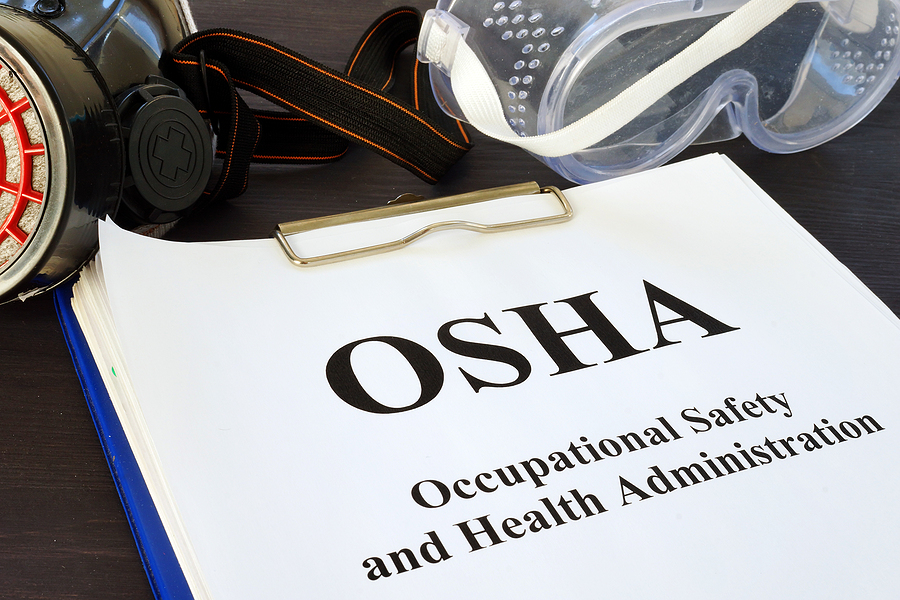Does Your Workplace Have An Exposure Control Plan?

Should Your Workplace Have An Exposure Control Plan?

OSHA requires employers with potential blood or bodily fluid exposure risks to have an Exposure Control Plan (ECP). An ECP aims to reduce or eliminate the risk of employee exposure to bloodborne pathogens.
29 CFR 1910.1030 (US Code of Federal Regulations) provides detailed and specific criteria for an ECP that complies with OSHA’s Bloodborne Pathogen Standard. It is the sole authority.
What Is An Exposure Control Plan?
The basic components of an ECP are:
An ECP typically includes the following components:
Evaluating Circumstances Surrounding Exposure Incidents: A case-by-case review to identify what worked, what didn’t, and what changes are needed in the ECP..
Exposure Determination: A list of job classifications where employees may be exposed to blood or other bodily fluids.
Methods of Exposure Control: This section includes but is not limited to:
Universal Precautions: Assume all body fluids, open wounds, and mucus membranes contain pathogens. Precautions include handwashing, using engineering controls, following work practice controls, and wearing personal protective equipment (PPE).
Engineering and Work Practice Controls: These may involve placing sharps disposal units in strategic locations, installing hand sanitizing stations, and using needle safety devices. Proper use of PPE and handling protocols for potentially infectious material are also included.
statement.
Personal Protective Equipment (PPE): This includes safety glasses, latex gloves, puncture-resistant gloves, Tyvek suits, etc.
Housekeeping: Details procedures for sanitizing spills and regularly disinfecting appropriate surfaces.
Hepatitis B Vaccination: Employers must offer the Hepatitis B vaccination series to all employees within ten days of completing bloodborne pathogen training. Employees who decline must sign a declination

Post-Exposure Evaluation and Follow-Up: This involves immediate medical treatment following potential exposure, including first-aid procedures, periodic evaluations, testing, and treatment, along with psychological care.
Communication of Hazards to Employees and Training: Employees must be provided with a copy of OSHA’s Bloodborne Pathogens Standards, informed about how to access the ECP. They also have to be given the opportunity for a Q&A session with a knowledgeable professional. More stringent requirements apply when the risk of exposure is higher, such as for lab technicians.
Record-Keeping: This includes training records, medical records, OSHA recordkeeping, a sharps injury log, and Hepatitis B Vaccine declination forms.
Do You Handle Medical Waste?
If your workplace generates medical waste, an ECP is essential. You also need a reliable waste disposal service that operates at the highest standards. Medical Waste Pros can connect you with the services you need. Call us at (888) 755-6370 or fill out our contact form to get free quotes on medical waste disposal services and training programs today.










